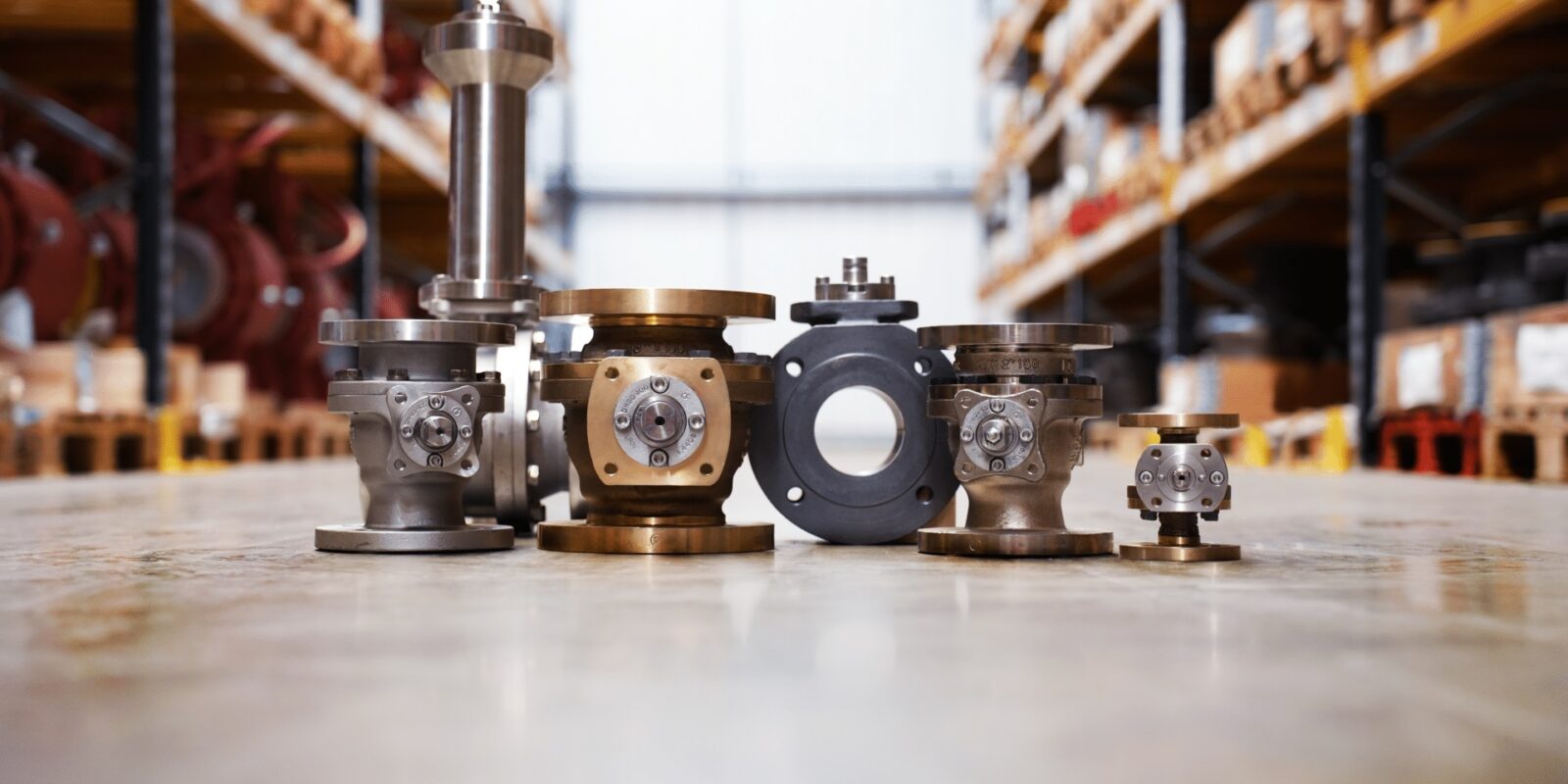In industries ranging from petrochemicals to aerospace, hydrogen is a versatile and essential element used for a variety of applications. Handling hydrogen safely requires robust control mechanisms, with hydrogen valves playing a crucial role in the process. From diaphragm valves to ball valves, each type has its own unique characteristics and applications. Furthermore, the safe operation of hydrogen valves requires a deep understanding of the potential risks and safety considerations associated with handling this highly flammable gas. In this article, we will explore the different types of hydrogen valves, their applications in various industries, and the key safety considerations that must be taken into account to ensure the safe handling of hydrogen.
Types of Hydrogen Valves: A Detailed Overview
Types of Hydrogen Valves
1. Ball Valves:
These valves have a spherical closure unit to control the flow of hydrogen. They are quick to open and close, making them suitable for high-pressure applications.
2. Gate Valves:
Gate valves use a flat disc to regulate the flow of hydrogen. They provide a tight seal when closed but can be slow to operate compared to ball valves.
3. Needle Valves:
Ideal for precise flow control, needle valves have a slender, tapered point that fits into a seat to restrict the flow of hydrogen accurately. They are commonly used in laboratory settings.
A Detailed Overview
In hydrogen systems, valves play a crucial role in controlling the flow of this highly flammable gas. Choosing the right type of valve is essential to ensure safety and efficiency. Understanding the differences between ball, gate, and needle valves can help in selecting the most appropriate option for specific applications. Each type offers unique benefits and limitations that should be considered based on the requirements of the system.
Applications of Hydrogen Valves in Various Industries
1. Automotive Industry:
Hydrogen valves play a crucial role in the automotive industry by controlling the flow of hydrogen gas in fuel cell vehicles. These valves ensure the safe and efficient operation of hydrogen fuel systems, allowing for the smooth transition to a more sustainable mode of transportation.
2. Aerospace Industry:
In the aerospace sector, hydrogen valves are used in rocket propulsion systems and in powering aircraft equipped with hydrogen fuel cells. These valves help regulate the fuel supply, ensuring optimal performance and safety during flight operations.
3. Energy Sector:
Hydrogen valves are also prevalent in the energy sector, particularly in hydrogen refuelling stations and power generation facilities. By accurately controlling the flow and pressure of hydrogen gas, these valves enable the efficient storage and distribution of hydrogen for various applications, including electricity generation and industrial processes.
Safety Considerations When Handling Hydrogen Valves
- Always wear appropriate personal protective equipment (PPE) when handling hydrogen valves, including safety glasses, gloves, and a lab coat.
- Ensure proper ventilation in the area where hydrogen valves are being handled to prevent the buildup of hydrogen gas.
- Before operating hydrogen valves, inspect them for any signs of damage or wear, and replace any faulty components immediately.
- When opening or closing hydrogen valves, do so slowly and steadily to prevent any sudden releases of hydrogen gas.
- In case of a leak, immediately evacuate the area and contact emergency services. Do not attempt to repair the leak yourself.
It is essential to follow these safety precautions to prevent accidents and ensure the safe handling of hydrogen valves. By being aware of the potential risks and taking the necessary precautions, you can work with hydrogen valves safely and effectively. Remember that safety should always be the top priority when working with hazardous materials like hydrogen.
Maintenance Tips for Ensuring Longevity and Efficiency of Hydrogen Valves
1. Regular Inspection:
Conduct routine checks on hydrogen valves to detect any signs of wear, corrosion, or leaks. Addressing issues early can prevent costly repairs or replacements down the line.
2. Proper Lubrication:
Keep hydrogen valves well-lubricated to ensure smooth operation and prevent friction-related damage. Use compatible lubricants recommended by the manufacturer for optimal performance.
3. Training and Education:
Provide training to personnel handling hydrogen valves on proper use, maintenance, and safety protocols to avoid accidents and ensure the longevity of the equipment. Regular refresher courses can help reinforce best practices.
By following these maintenance tips, you can significantly extend the lifespan and efficiency of hydrogen valves, promoting safety and reliability in hydrogen-related applications.







